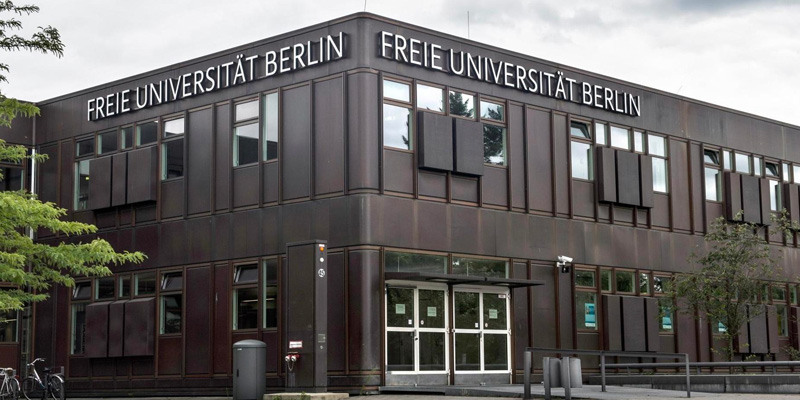Study in Germany 
Interested in studying in Germany? Studying abroad is a life-changing decision, and Germany has become one of the top choices for international students. Known for its world-class universities, strong focus on research and innovation, and affordable or no tuition fees at public institutions, Germany offers high-quality education across a wide range of disciplines. Whether you're interested in engineering, computer science, business, arts, or social sciences, German universities provide diverse programs that combine academic excellence with practical experience—preparing you for a successful global career.
Why study in Germany
-
World-Class Education: Germany is home to some of the most prestigious universities in Europe, known for academic excellence and cutting-edge research, especially in engineering, science, and technology.Low or No Tuition Fees: Most public universities in Germany offer tuition-free education for international students, making it one of the most affordable study destinations in the world.Wide Range of English-Taught Programs: Thousands of bachelor's and master's programs are available in English, especially in fields like Engineering, Business, and Computer Science.Globally Recognized Degrees: A degree from a German university is respected worldwide and highly valued by employers across industries.High Quality of Life: With modern infrastructure, efficient public transport, and safe cities, Germany offers an excellent standard of living for students.Post-Study Work Opportunities: Graduates can stay and work in Germany for up to 18 months after completing their studies, often leading to permanent employment or residency.
Top Programs to Study in Germany
Popular Universities in Germany
-
What are the basic requirements to study in Germany?
You typically need academic transcripts, proof of English or German language proficiency (IELTS, TOEFL, or TestDaF), a valid passport, a Statement of Purpose, and in some cases, entrance qualifications like APS (for Indian students). Admission criteria may vary by university and course.
-
Do I need to know German to study in Germany?
Not always. Many universities offer English-taught programs, especially at the master’s level. However, knowing basic German can be helpful for daily life and enhances your chances of finding part-time jobs or internships.
-
Are public universities in Germany tuition-free?
Yes. Most public universities in Germany charge no tuition fees, even for international students.
-
Can I work while studying in Germany?
Yes. International students are allowed to work 120 full days or 240 half days per year. Many students take up part-time jobs or internships related to their field of study
-
When should I apply to German universities?
Germany typically has two intakes: Winter (October) and Summer (April). It's advisable to apply 6–9 months in advance, as the application and visa process can take time.
Scholarships in Germany

























